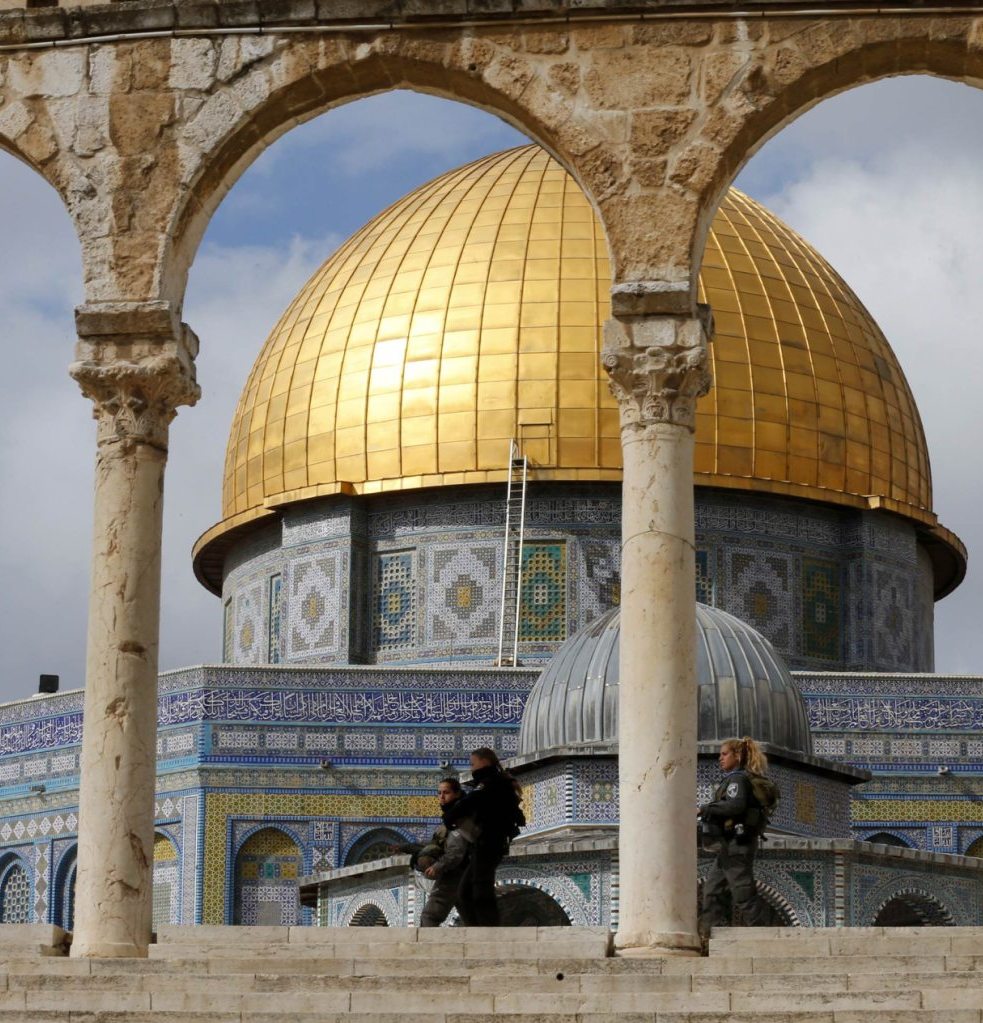Third intifada possible: Jerusalem conflict ripples through Jordan
Ugly blocks of reinforced concrete are the new feature on Jerusalem’s streets, deployed in the night, with no indication of how long they will remain in place. In Arab neighbourhoods in the east, they are restricting roads, allowing security forces to establish vehicle checkpoints and block traffic in an instant. At bus and tram stops in the west, they act as barriers to prevent cars being driven into bystanders — the new mode of attack being adopted by Palestinians, used twice already to deadly effect. In the midst of clashes and security crackdowns, it has galvanised the debate about whether this is the start of a third intifada — another uprising by Palestinians against Israel’s occupation.
What you witness is an Israeli iron fist crushing the Palestinians on a daily basis. Along this line you find independent, individual, unexpected reaction by the youth defending their rights and their beliefs.
Dr Mahdi Abdul Hadi, director of the Palestinian Academic Society for the Study of International Affairs
For Jordanian King Abdullah, a majority of whose 7 million subjects are Palestinian, a one-day closure of the scared al-Aqsa mosque last week amounted to a personal affront: his Hashemite dynasty derives part of its legitimacy from its custodianship of the holy site. Jordan managed to navigate the last two Palestinian uprisings without major instability. But combined with Jordan’s internal challenges — unemployment, poverty and a lack of political inclusiveness — conflict in Jerusalem will only make it easier for groups like the Islamic State to recruit.
[King Abdullah is] very annoyed and worried … Jerusalem is everything. It’s the last thing they need. There’s enough going on in Syria and Iraq and Jordan is impacted by both.
Anonymous Jordanian diplomat

Middle East intifada